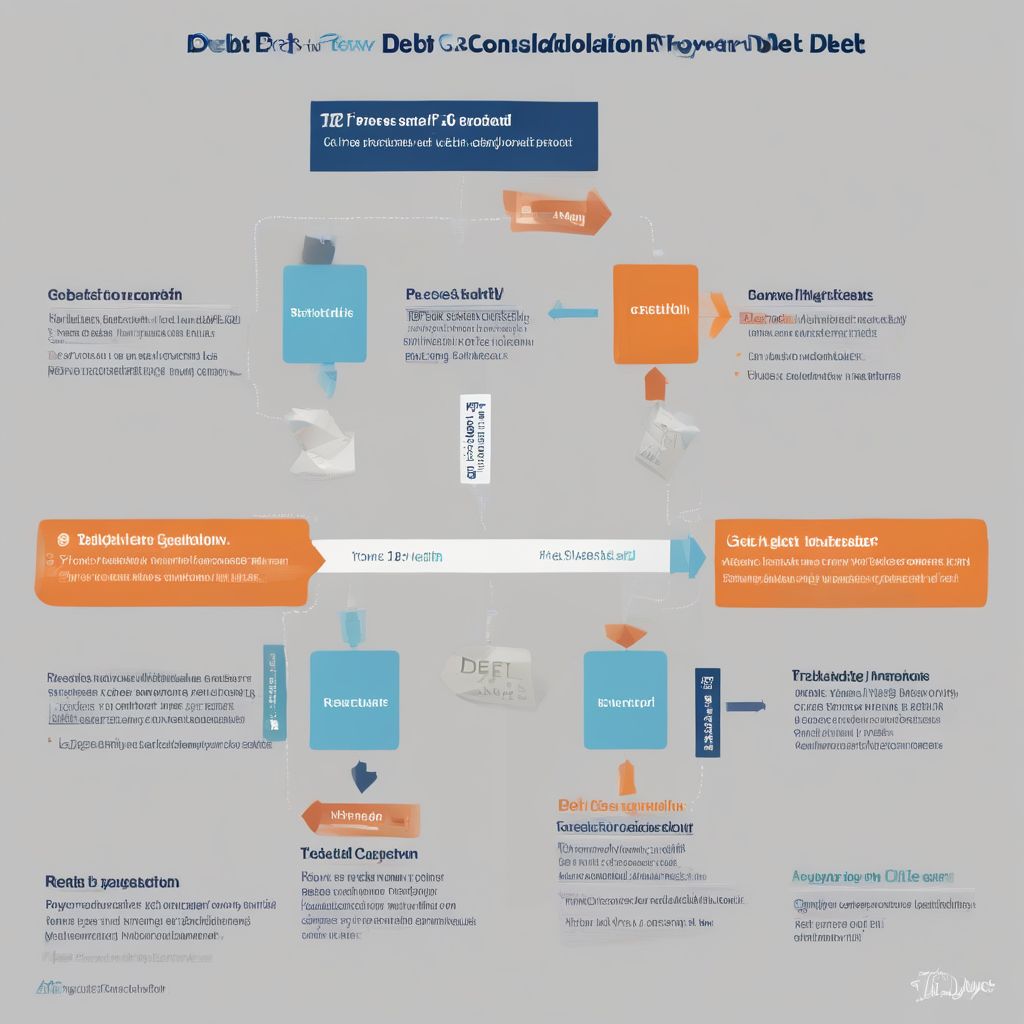Imagine this: you’re finally free from those nagging credit card bills, your car loan is a distant memory, and you’re left with one manageable monthly payment. Sounds pretty great, right? That’s the allure of using a home equity loan to consolidate debt. But is it the right move for you? Let’s dive into the details and help you decide.
What is a Home Equity Loan?
A home equity loan, also known as a second mortgage, lets you borrow against the equity you’ve built in your home. Equity is the difference between what your home is worth and what you still owe on your mortgage. Think of it like this: you’re essentially using your home as collateral to secure a new loan.
Why Consider a Home Equity Loan for Debt Consolidation?
The main draw of using a h2dstory.com/home-equity-loan-to-pay-off-debt/">Home Equity Loan To Pay Off Debt is the potential for significant interest savings. Home equity loans typically have lower interest rates than credit cards or personal loans. This is because your home serves as collateral, making it a less risky loan for lenders.
Here’s a breakdown of why people choose this strategy:
Pros:
- Lower interest rates: Potentially save thousands of dollars over the life of your loan.
- Predictable payments: Fixed interest rates mean your monthly payments stay the same.
- Tax advantages: In some cases, the interest you pay on a home equity loan may be tax-deductible (consult with a tax advisor for details).
The Potential Risks of Home Equity Loans
Before you rush to consolidate your debt with a home equity loan, it’s crucial to understand the risks involved:
Cons:
- Increased debt: You’re essentially taking on more debt, even if it’s at a lower interest rate.
- Risk of foreclosure: If you default on the loan, you could lose your home.
- Equity reduction: You’re tapping into the equity you’ve built in your home, which could impact future financial goals.
Is a Home Equity Loan Right for You?
Deciding whether to use a home equity loan for debt consolidation is a personal decision. Here are some key questions to consider:
- Can you afford the monthly payments? Even with a lower interest rate, make sure the new loan payment fits comfortably within your budget.
- How disciplined are you with credit? If you tend to overspend, consolidating debt might not address the root cause of your financial challenges.
- What are your long-term financial goals? Tapping into home equity could impact your ability to achieve other goals, such as retirement or your children’s education.
Seek Expert Advice
Talking to a financial advisor can provide valuable insights tailored to your specific situation. They can help you explore all your options, weigh the pros and cons, and make informed decisions about managing your debt.
Don’t Forget These Important Considerations:
- Credit score requirements: Lenders typically require a good credit score to qualify for a home equity loan.
- Closing costs: Be prepared for closing costs, similar to those you paid when you bought your home.
- Loan terms: Loan terms can vary, so shop around for the best rates and repayment options.
Conclusion: Proceed with Caution
Using a home equity loan to pay off debt can be a smart financial move, but it’s not without risks. Carefully weigh the pros and cons, seek expert advice, and make sure you understand the long-term implications before making a decision.
Do you have experience with home equity loans for debt consolidation? Share your thoughts and questions in the comments below!

